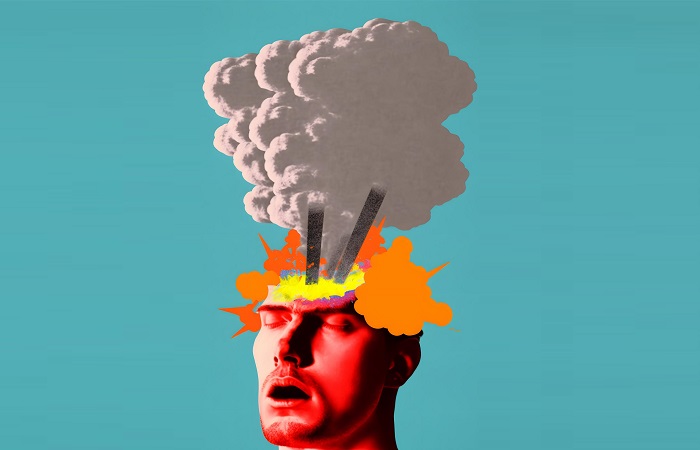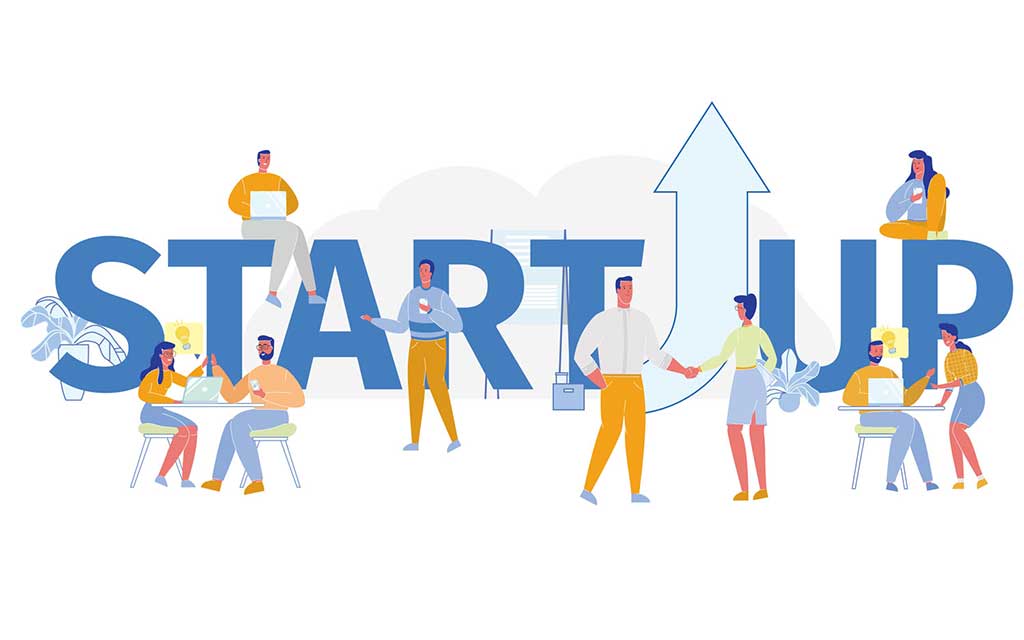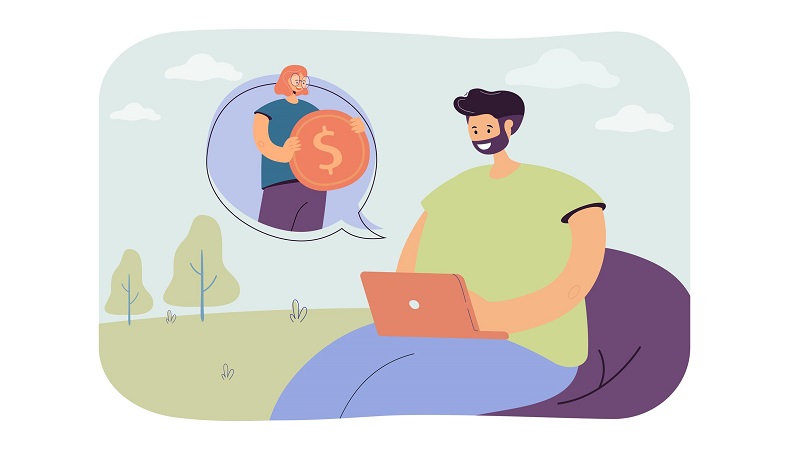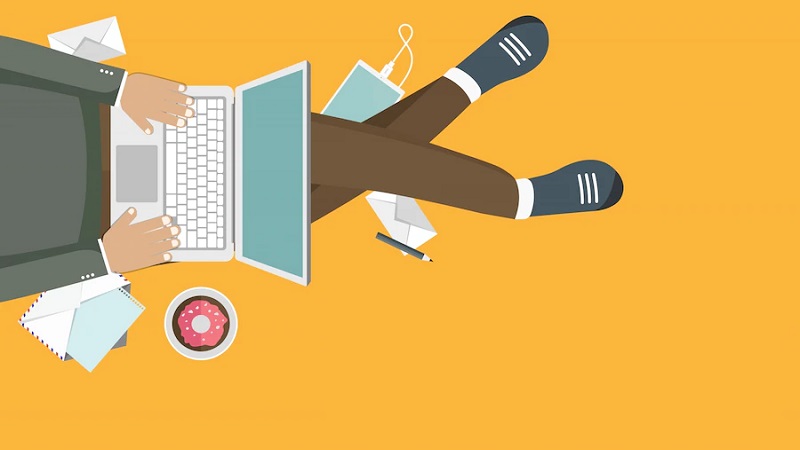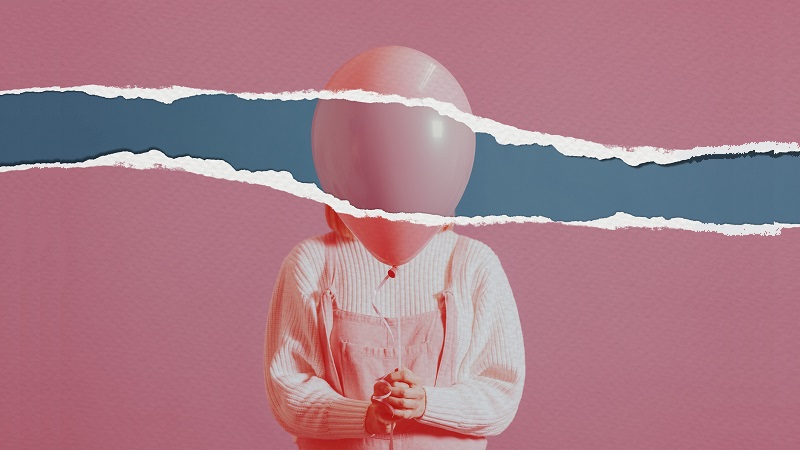
Table of Contents
Prelude
Since photography came into our lives and cameras became more handy in our daily lives, the urge to share our life through pictures increased. With the rise of social media platforms and the ease of using them, this photo-based sharing environment has become even more popular worldwide; so did photo editing software, especially Adobe Photoshop! In October 2022, there were 4.74 billion people around the world that used social media. As we live in a global village, we should learn the cons of this village as using all the fantastic features so we can increase the quality of using the technology.
In this blog, we dive deeper into Adobe Photoshop, its journey through time, social media photos, and most importantly, its consequences on our mental health.
Photoshop; tantamount to photo editing
Before Photoshop, people used vintage tools like ink and airbrush to edit pictures. Back then, the meaning and function of photo editing were different from what we think now. Many photographers in the 1800s used some creative techniques to make the pictures more interesting. William Henry Fox Talbot did the first photo editing in history in 1841 to remove a monk from a photo. Photo retouching was a costly and complicated service done by the etching technique, and only wealthy people had the privilege of using it and hire photo retouching experts.
Time flew by, and at this point, we have hundreds of photo editing tools and apps that each have their unique features, and anyone can use them. Still, we will always remember the leading software! Adobe Photoshop, developed in 1987, was the first photo editing software released to the public, and people started to know and use it vastly. There are over 29 million people that use Photoshop for many purposes. Some Photoshop experts use it to do digital art, design logos, create all kinds of photo manipulations, AND edit photos. The rise of Adobe Photoshop started a revolution in the photo editing world!

Social media and mental health
Social media allows people to express themselves and connect with others. However, it can have adverse effects on mental health. People who use social media often are more likely to compare themselves to others and feel less satisfied with their lives. According to the studies, they may also experience more stress, anxiety, depression, loneliness, etc. Social media can be a great way to stay in touch with friends and family, but it can also be an unhealthy addiction that leads to depression, anxiety, or other mental health problems.
All in all, there are many ways that people can use social media positively for mental health. For example, some people find comfort in seeing other peoples’ struggles and triumphs on social media because they know they’re not alone in their feelings or experiences. Other people may find solace in spending time on social media to affirm their aesthetics, values, and beliefs. People can also use social media to help others; by using platforms like Facebook or Twitter, you can share articles, information, or personal stories about mental health experiences that have helped others. They can use these platforms to find sources of support for their own struggles as well. In this case, the responsibility of social media managers and influencer marketers becomes crucial as they can break toxic norms that dominate social media and give the social media world a new life.
Negative effects of Photoshop on society
As mentioned before in this article, Photoshop is image-editing software that has been used for over 30 years. It was initially created to make images look better and more realistic. But now, it’s been used so much that people barely have the confidence to post pictures without any filters or edits. It’s why we should be aware of how does Photoshop affect mental health.
In the past few decades, Photoshop has become a requirement for anyone who wants to be successful in the modeling industry. Nowadays, models, influencers, and bloggers are expected to have flawless skin, perfect hair, and an ideal body shape. Research shows that 99.9% of photos you see online are photoshopped in some way! “Photoshopped” images have manipulated us into believing that they are our society’s “beauty standards.” This is why we need to ensure that we are aware of our own idea of beauty and not let photoshopped images dictate them. The cultural hegemony of media and the rules behind them tend to take away our concept of living and eliminate our thoughts on how we look, what we wear, and how to become closer and closer to that girl image.
Effects of Photoshop on body image
The use of Photoshop has had an effect on body image and self-esteem. The term body dysmorphia is used to describe a mental illness in which someone has a distorted image of their own body. 1 out of 50 people suffers from body dysmorphic disorder in the world, which is a shocking number. Solely in the United States, over 10 million people experience body dysmorphia. It is often characterized by an obsessive preoccupation with some aspect of the body, such as muscle tone or weight. Body dysmorphia is not just an adult disorder but also a condition that affects children and teenagers. Children exposed to images on social media, TV, and magazines can become more aware of how their bodies look and feel distant from themselves. This can lead to eating disorders and starving themselves.
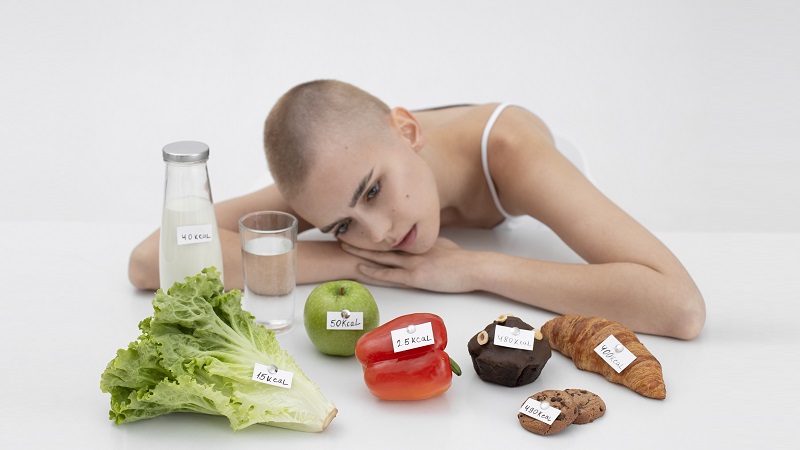
Bring out all the advantages of Adobe Photoshop
All things considered, we should never forget that not Photoshop is all about bad effects! Although it may have bad consequences that all go back to overusing or misusing the software. We should concentrate on remembering all the amazing features of Adobe Photoshop and bringing them back to life. The bright side of using Photoshop is so fun and cool. It gives illustrators a great opportunity to create amazing photos by using their imagination and creativity and enjoy digital art and all its interesting features. Editing photos is also very important. Even professional photographers edit their photos. We should care less about editing our face and body the way the media wants us to or simply the way that we don’t want deep down! One of the important points of media literacy is to understand the bad influences of technology and media, educate ourselves and prioritize our mental health.
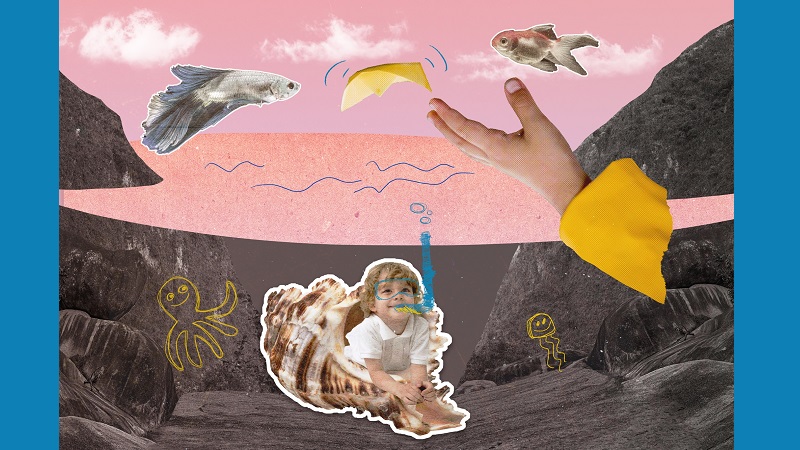
Last words
As with any other tool or platform, it’s important to know how Photoshop affects mental health, what its cons are and how to bring out the bright side of this amazing software. Photoshop should be used to make people feel better about themselves and not make them feel worse. It should also be used to make people feel more confident and not less confident. By learning how to use Adobe Photoshop correctly and putting our souls before the picture we show to other people or letting the media affect us negatively, we take a big step into taking care of ourselves!
I’d really like to thank you for coming this far with me and reading this blog. I hope you liked it, and I hope you water the roses of your head, bloom every day, and don’t let anything ruin your soul; cause you matter. Please share with me all your thoughts and comments with me because nothing makes me happier than reading your precious comments!
Bon voyage!



